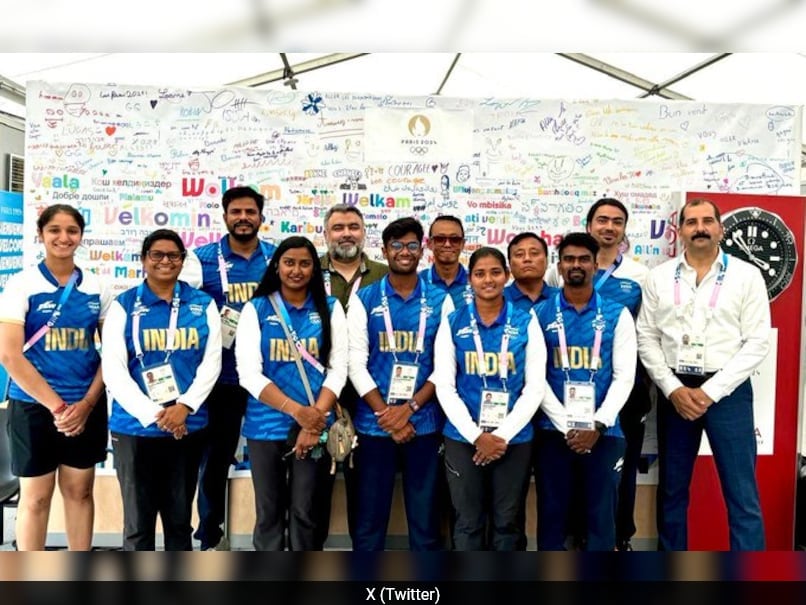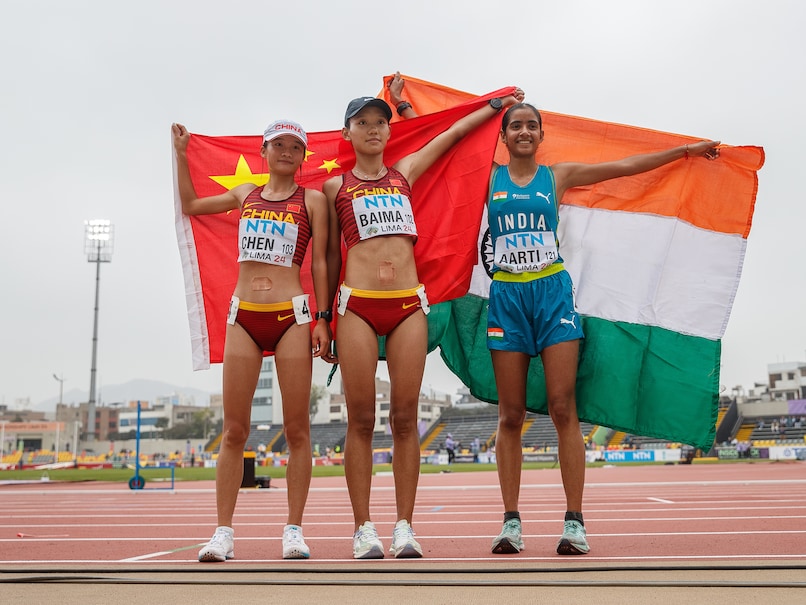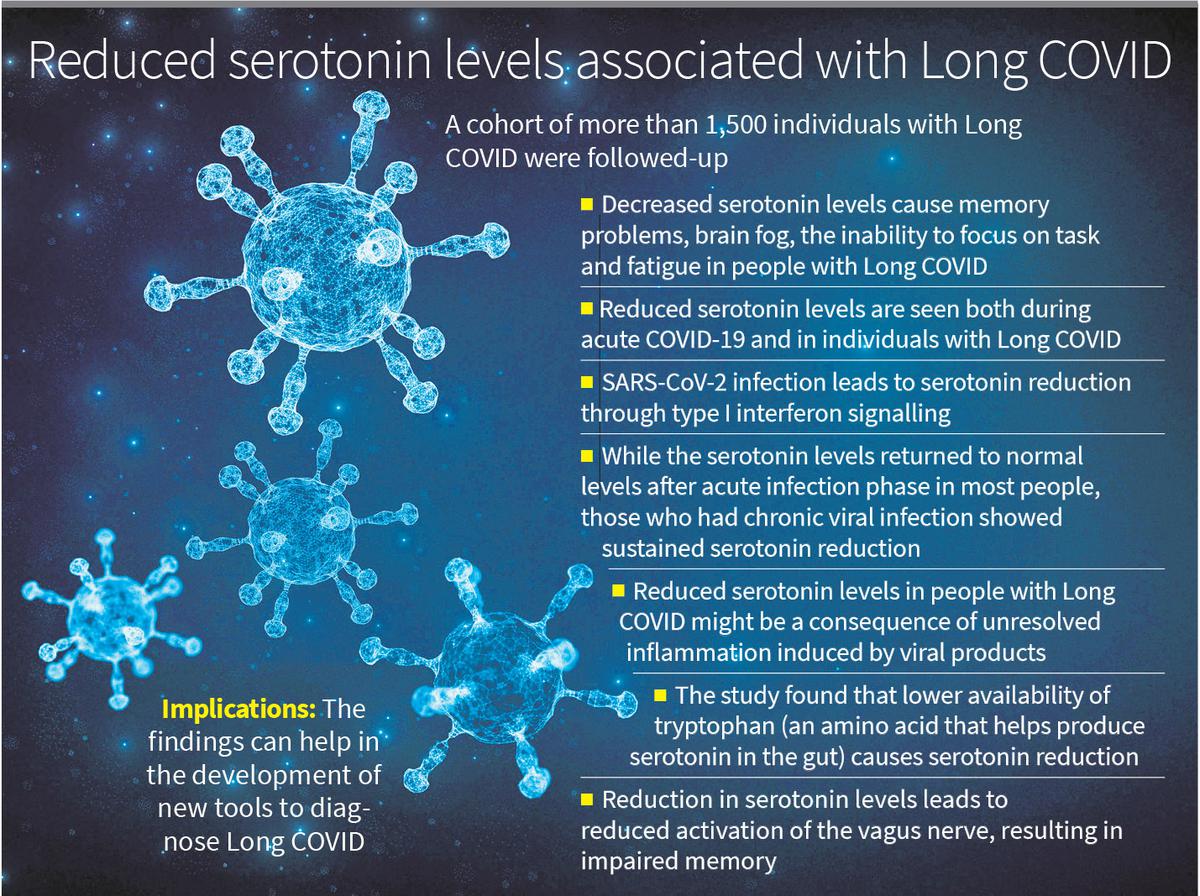ISRO Chairman S. Somanath. File
| Photo Credit: PTI
To be a major space power, India needs to create “leading space companies and not merely service companies,” S. Somanath, the chairman of the Indian Space Research Organisation (ISRO) said on Tuesday (November 5, 2024). For India to raise its contribution to the global space economy from the current 2% to 10% would require significant government support, he added.
Speaking at the India Space Conclave, organised by the industry lobby Indian Space Association, he said that while India had built a space programme over the decades relying on infrastructure built on “moderate” budgets, it was important to scale up and create new capabilities.

Currently, India possesses 90% of the know-how and materials required to build rockets and 60% of that required for space components, he noted. There are about 450 companies in India that build parts and components to build and launch satellites, but realising ISRO’s “vision” requires “new players, inspired young talent, and a thriving startup ecosystem,” he added.
Large-scale investment
Thanks to policies that enhance data accessibility, space-based applications are supporting sectors like agriculture and finance. However, a major challenge to the development of the Indian space sector is insufficient “demand”, meaning that there are not many private companies willing to invest in technology development by India’s space sector. “This is because the rate of change in communications technology is often so fast that there is a risk that by the time a product is developed, it would be obsolete,” Dr. Somanath explained.

The goal of landing an Indian on the moon by 2040 underscores the country’s dedication to human space exploration and serves as a powerful inspiration for the next generation, he said. “This mission not only expands our technical prowess but also fosters growth across high-tech industries like electronics and bio-pharmaceuticals. To achieve this, large-scale investment from both the government and private sector is essential, signalling India’s readiness to be a globally competitive, independent force in space,” he added.
Published – November 05, 2024 06:30 pm IST










